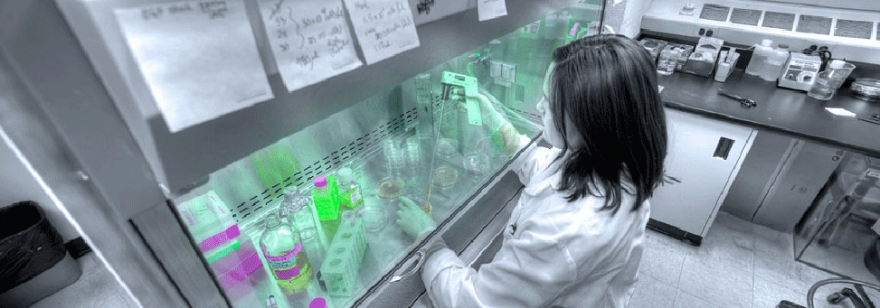As a legal professional you may be used to requesting DNA Testing, and when the report arrives simply turning to the conclusion to see if your client is related or not. On the surface that is perfectly acceptable because paternity testing is relatively straightforward, as closely related people share a similar genetic makeup.
However, there are various circumstances where testing needs to be more detailed in order to determine accurate results - and a reason why 1 in 5 results are inconclusive for certain tests by other testing providers. This is known as complex DNA testing, which covers:-
-
Half Sibling DNA tests
-
Grandparent DNA tests
-
Auntie/Uncle DNA tests
-
Cousin DNA tests
-
Advanced Paternity DNA tests – for cases where potential fathers of a child are biologically related.
-
Advanced Motherless Paternity tests – for cases where the DNA of the child’s mother is not available.
-
Multiple Potential Relationships tests – for cases where participants could possibly be related in several different ways.
What does DNA testing look for?
We all share 99.9% of the same DNA, so it’s the tiny 0.1% of code sequences that make us unique. These sequences, or genetic markers, are what scientists examine when conducting a DNA test.
It goes without saying that the further removed and distant the relation, the more difficult it becomes to trace genetic patterns. However, in recent years, technology has rapidly advanced, allowing us to test markers to the point where we can now accurately detect fourth cousin relationships.
However, not all DNA testing is the same and some labs have been slow on the uptake, with many examining the same number of markers they were five or ten years ago. This means clients don’t always get the conclusive results they desire.
In fact, most companies only examine a paltry 16 DNA markers, which means one in five sibling and extended family cases are then reported as inconclusive.
As standard, even in the case of simple DNA testing like paternity tests, DNA Legal test up to 68 markers – offering more than four times the accuracy. This more rigorous testing renders just one in 100 cases inconclusive. A considerably better success rate.
When you look at the context, the results of DNA tests can be life changing for clients so testing for so few markers borders on incompetence.
In layman’s terms, the more DNA markers you test, the higher your chances of achieving definitive results. And definitive results are all important in the legal field.
Why it’s important to get it right?
Inaccuracies commonly emerge when 16-marker tests are re-examined against higher numbers.
In one case study, two brothers were told that that it was 95% likely they were half siblings, implying they had different fathers. Imagine the confusion and stress this would have caused the family.
But when up to 68 markers were tested, it was revealed that they were, in fact, 99% likely to be full siblings. The opposite outcome.
Solicitors can’t afford to let their clients down in this manner. Presiding over false or debatable DNA results puts the justice system in doubt when it simply shouldn’t be, not to mention the damaged reputations of clients and firms alike.
Sarah Hickinbotham of SH Family Law, says: “It’s tremendously important to get it right, because it impacts on people’s lives. I’d be horrified to think you could get the wrong result, because getting it wrong would be devastating.
“If you live your life based on a lie, only to find out years later that it’s incorrect, you can’t recapture that lost time.”
If clients entrust you to resolve intimate issues, they expect you to oversee a thorough process and do all you can to get things right. That’s why it’s crucial to research your preferred DNA testing service.
In short, you should choose a reputable organisation that prides itself on rigorous testing and boasts a strong track record of accurate results. Ask how many DNA markers they test. The higher, the better. For everyone involved.
For a quote on your next DNA test or for any other questions please contact us on 0203 4243 470 or request a quote online.

